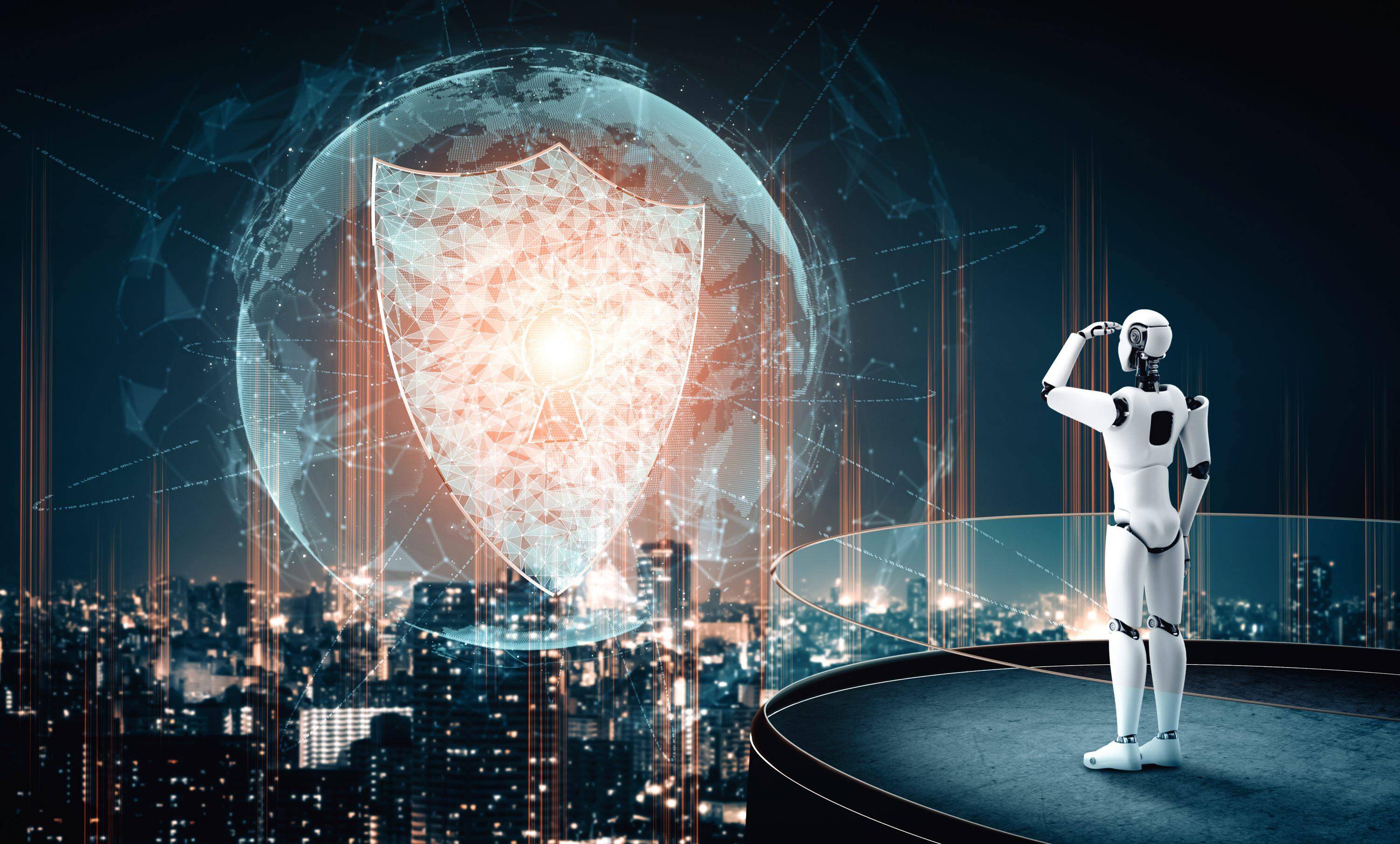AI vs. Cyber Threats: Who is Winning?
Artificial intelligence (AI) is transforming industries worldwide, and cybersecurity is no exception. While AI offers powerful tools to defend...
The internet is the backbone of our modern world, powering everything from our personal lives to our global economy. However, being interconnected comes with a heightened risk of cyberattacks, particularly from malware. Malware, or malicious software, can damage or disable computers and networks, steal data, or install other malware. Cybercriminals are constantly developing new and sophisticated malware, and it is important to stay informed about the latest trends to protect yourself and your organisation. In this blog post, we will explore the latest malware trends, shedding light on the evolving landscape of cybersecurity challenges. We will also provide tips on how to stay safe from malware attacks.
Ransomware has continued to make the headlines in 2023. Ransomware is a type of malware that encrypts your files or stops you from using your computer until you a ransom for them to be unlocked. Recently, malicious actors have turned their focus away from widespread attacks across a large volume of targets. Instead, they have begun to focus on high-value targets, as they are more lucrative for the malicious actors, but are more devastating for the victims. Additionally, cybercriminals have adopted a two-pronged extortion strategy, encrypting files and extracting sensitive data, where they threaten the victim to publicly release the data unless a ransom is paid.
In recent times, supply chains have been heavily disrupted because of the pandemic, war in Europe, climate change, and the energy crisis. Unfortunately, supply chains are essential for any business’ production and distribution logistics, making them a target for cybercriminals. Supply chain attacks involve hackers targeting software vendors, manufacturers, or service providers, infiltrating their systems to insert malicious code into genuine software updates. These compromised products, appearing safe, reach users through trusted channels. Once activated, the hidden malware can steal data, disrupt operations, and evade detection. These attacks are hard to spot because the malicious code is camouflaged within legitimate software, often leading to unnoticed compromises until substantial damage occurs.
Traditionally malware relies on files that are detectable by antivirus programmes. However, fileless malware operates in a computer’s volatile memory and leaves no trace of itself on the hard drive. This makes it exceptionally difficult to detect and eradicate. Cybercriminals use legitimate system tools and processes to carry out attacks, bypassing traditional security measures. Detecting and defending against fileless malware requires advanced endpoint security solutions capable of behaviour analysis and anomaly detection.
Cybercriminals are targeting smartphones and tablets more than ever. Mobile malware can steal sensitive information, track users’ locations, and even record conversations. Malicious apps often find their way onto app stores disguised as legitimate apps, deceiving unsuspecting users into compromising devices. As mobile devices continue to be integral in our personal and professional lives, protecting them from malware attacks has become a top priority for individuals and businesses alike.
Artificial intelligence, or AI, has taken centre stage in global technology news and is transforming the way we work and solve problems. However, cybercriminals create more sophisticated malware. AI-powered malware can adapt, learn, and evolve in real time, making it exceptionally challenging to detect and mitigate. Furthermore, AI-power malware can study security protocols, identify vulnerabilities, and exploit them precisely. As this technology continues to advance, so does the potential for AI-driven cyber threats, requiring a proactive approach to cybersecurity.
In the face of evolving malware, we must arm ourselves with proactive strategies to enhance our cyber defences. The ever-increasing complexity of these threats means organisations need a multi-faceted approach to cybersecurity:
In the face of these evolving malware trends, the importance of robust cybersecurity measures cannot be overstated. Individuals and organisations must prioritise cybersecurity awareness and invest in the latest cybersecurity technologies to protect themselves from these sophisticated new threats. Regular software updates, employee training, multi-factor authentication, and advanced endpoint protection are essential components of a comprehensive cybersecurity strategy.
Collaborating with governments, private sectors, and cybersecurity experts like Fitzrovia IT is crucial because sharing threat intelligence and best practices leads to a collective ability to defend against the ever-changing tactics of cybercriminals. Moreover, collaborating with cybersecurity professionals enhances a business's ability to proactively detect and respond to malware attacks. These experts employ advanced tools and techniques to monitor network activities, identify suspicious patterns, and swiftly respond to potential threats, which means that businesses can effectively safeguard their digital assets and customer data.
As we navigate the complex and interconnected digital landscape, staying informed about the latest malware trends and adopting proactive cybersecurity measures is not just an option but a necessity. By understanding the evolving nature of cyber threats, we can work together to build a safer, more secure online environment for everyone.
To learn more about how Fitzrovia IT’s cybersecurity experts can help protect your business from malware, please click here.

Artificial intelligence (AI) is transforming industries worldwide, and cybersecurity is no exception. While AI offers powerful tools to defend...

We kick the month of April off in jovial form with April Fools' Day. However, today, where online trickery can have real consequences, it's important...

The emergence of large language model-based chatbots such as ChatGPT and Bard has projected AI to the forefront of everyone’s minds. Since chatbots...